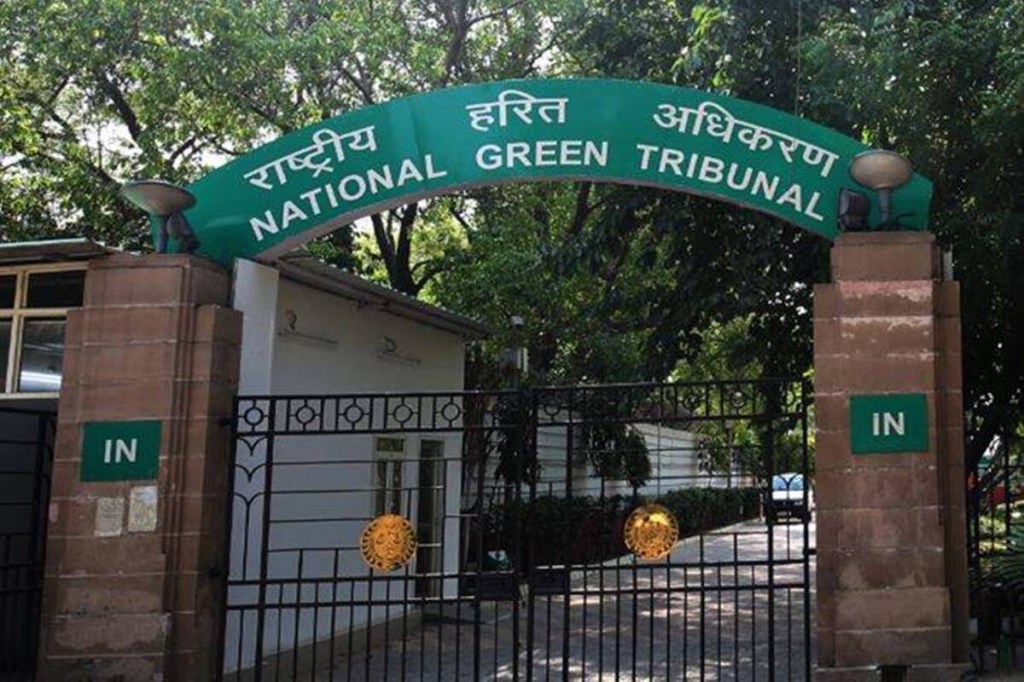The Supreme Court on Thursday declared that the National Green Tribunal to take suo motu cognisance on its own in issues relating to the environment on the basis of letters, representations and media reports. A bench of Justices AM Khanwilkar, Hrishikesh Roy, and CT Ravikumar delivered the judgment on a batch of petitions which raised the issue whether the NGT has suo motu jurisdiction.
Senior advocate Sanjay Parikh had argued that the NGT has been conferred powers to pass orders for the restitution of environment, hence it can exercise suo motu powers. However, a battery of senior advocates opposed his arguments, stating that only constitutional courts can exercise suo motu powers and a statutory tribunal like the NGT has to act within the confines of its parent law.
Additional Solicitor General Aishwarya Bhati, representing the Centre, held that the NGT does not have the power to take cognisance of a matter on its own. But she also contended that the tribunal’s powers cannot be bound by procedural constraints.
On September 8, the bench had reserved verdict on the issue. Senior advocate Arvind Grover, amicus curiae in the case, had opined that the NGT cannot exercise suo motu powers on the basis of letters, representations, or media reports.
While reserving the verdict in the matter, the top court had observed that the constitution of an expert committee does not absolve the National Green Tribunal of its duty to adjudicate matters and the adjudicatory function cannot be assigned to any panel.
The Centre had earlier argued that the NGT does not enjoy any suo moto powers but a letter or application could be entertained by it. It said that the Tribunal cannot be tied up in procedural law for exercising power which is amply available to it under the Act.

